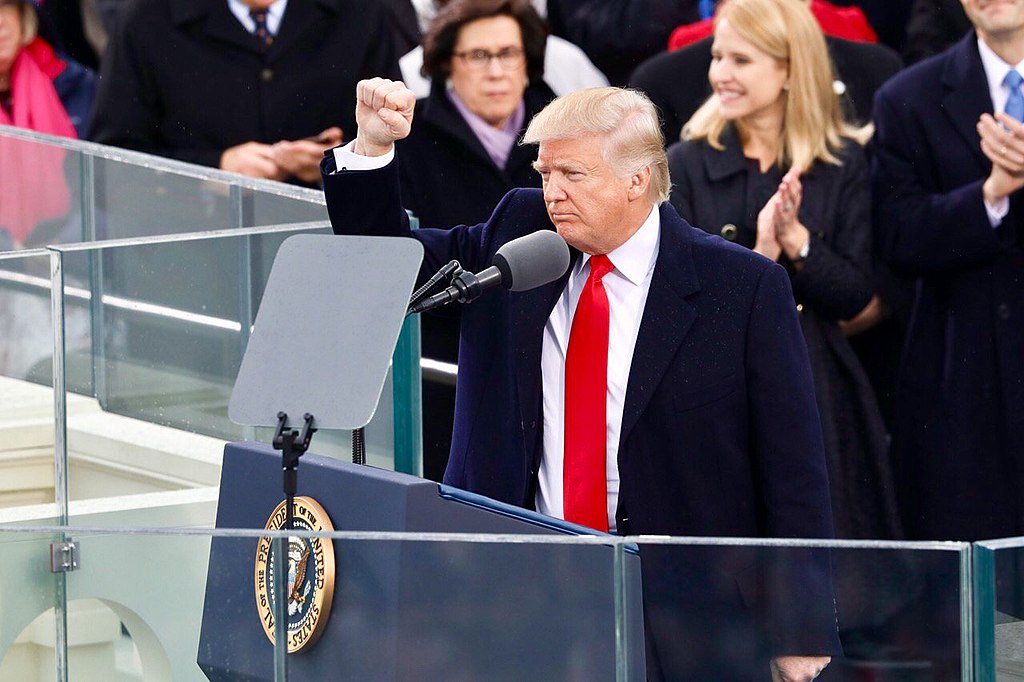The U.S. Institute of Peace (USIP), an independent organization established by Congress in 1984 to prevent violent conflicts, has filed a lawsuit against the Trump administration over an executive order aimed at shutting down the institute. The lawsuit comes in response to a dramatic and forceful takeover of the institute’s headquarters by the Department of Government Efficiency (DOGE), a newly established federal agency led by Elon Musk.
On March 17, 2025, DOGE officials, accompanied by police officers, entered USIP’s Washington, D.C., headquarters to enforce the executive order. This followed earlier unsuccessful attempts by DOGE to gain access to the building, as part of the administration’s broader efforts to cut government costs and reduce the federal workforce. Witnesses described the entry as aggressive, with armed officers facilitating the takeover, sparking concerns over the legality and ethics of the move.
USIP, along with five recently dismissed board members, filed a lawsuit challenging the takeover, arguing that the institute, as a congressionally funded independent entity, is not subject to unilateral executive orders. The plaintiffs contend that the administration’s actions violate federal laws protecting institutions created by Congress from direct presidential control. They seek legal intervention to halt the forced closure and reinstate the ousted board members.
On March 19, 2025, U.S. District Judge Beryl Howell refused to issue an immediate restraining order to block DOGE’s actions but expressed sharp criticism of the administration’s tactics. Calling the armed entry “terrorizing,” Judge Howell stated that the situation required urgent legal review. She scheduled a follow-up hearing to further assess DOGE’s legal authority to seize control of USIP and determine the institute’s future status.
The case highlights growing tensions between the administration’s aggressive cost-cutting initiatives and the autonomy of independent government-funded institutions. The outcome of the lawsuit could set a precedent for how much authority the executive branch has over congressionally established organizations. As legal proceedings continue, the fate of the USIP remains uncertain, drawing national attention to the broader implications of the administration’s push to restructure federal agencies.


